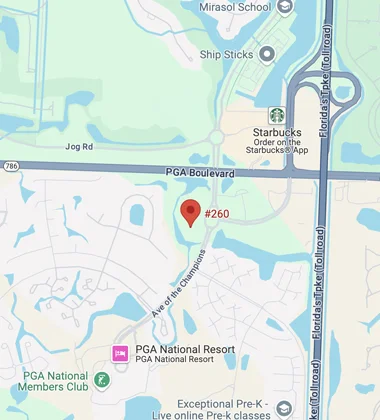Workplace Dress Codes and Grooming Requirements

If you have applied for a job or started working for a workplace with a specific dress code or grooming requirements, or if your current employer recently implemented a dress code or grooming requirements, you may be wondering if you have any rights and whether the employer is violating any laws. Issues pertaining to workplace dress codes and grooming requirements can be difficult to assess without specific details, but in general, it is important for job applicants and employees to know this: workplace dress codes and grooming requirements can be completely lawful, but there are situations and circumstances in which these requirements may be unlawful. What do you need to know and to consider? Think about the following information from our Palm Beach Gardens employment discrimination lawyers.
Dress Codes and Grooming Requirements in General Are Allowed
Generally speaking, employers are allowed to require employees to adhere to a dress code when the dress code applies equally to all employees, or to all employees within a particular job category, according to the US Equal Employment Opportunity Commission (EEOC). Likewise, employers can require certain grooming standards connected to a clean or presentable appearance in the workplace as long as the grooming standards apply equally. Employers can require uniforms.
Prohibitions Against Dress Codes That Treat Certain Types of Ethnic Dress Less Favorably
Employers cannot, as a blanket practice, prohibit certain types of ethnic clothing in the workplace or certain forms of dress related to a person’s national origin. For example, an employer cannot have a prohibition on Indian saris or prohibit the wearing of a thawb (as is common on the Arabian peninsula) even though other employees are permitted to dress in ways that are of a similar casual or formal nature.
Prohibitions Against Dress Codes or Grooming Standards in Conflict with an Employee’s Religious Practices
If an employer’s dress code prohibits certain forms of dress or grooming standards that conflict with an employee’s religious beliefs or practices, and the employee requests an accommodation, the employer must allow that dress unless doing so would create an undue hardship for the employer.
Prohibitions Against Dress Codes or Grooming Standards Impacts an Employee with a Disability
If a dress code or grooming requirement adversely impacts an employee with a disability and the employee requests an accommodation, the employer cannot require the employee to adhere to the existing dress code unless doing so would create an undue hardship for the employer. The employer typically must modify the dress code or allow the employee an exception.
Contact a Palm Beach Gardens Employment Discrimination Lawyer
If you have any questions or concerns about potential discrimination in the workplace, you should seek advice from one of the experienced Palm Beach Gardens employment discrimination attorneys at Sconzo Law Office. It can be difficult for job applicants and employees to properly identify unlawful discrimination, especially when it is subtle or when it is cloaked in seemingly nondiscriminatory language or a seemingly nondiscriminatory policy. However, a lawyer can help to determine whether an employer’s actions may be discriminatory and whether a job applicant or employee may be eligible to file a claim and seek a remedy. Contact us today for more information.
Source:
eeoc.gov/prohibited-employment-policiespractices

